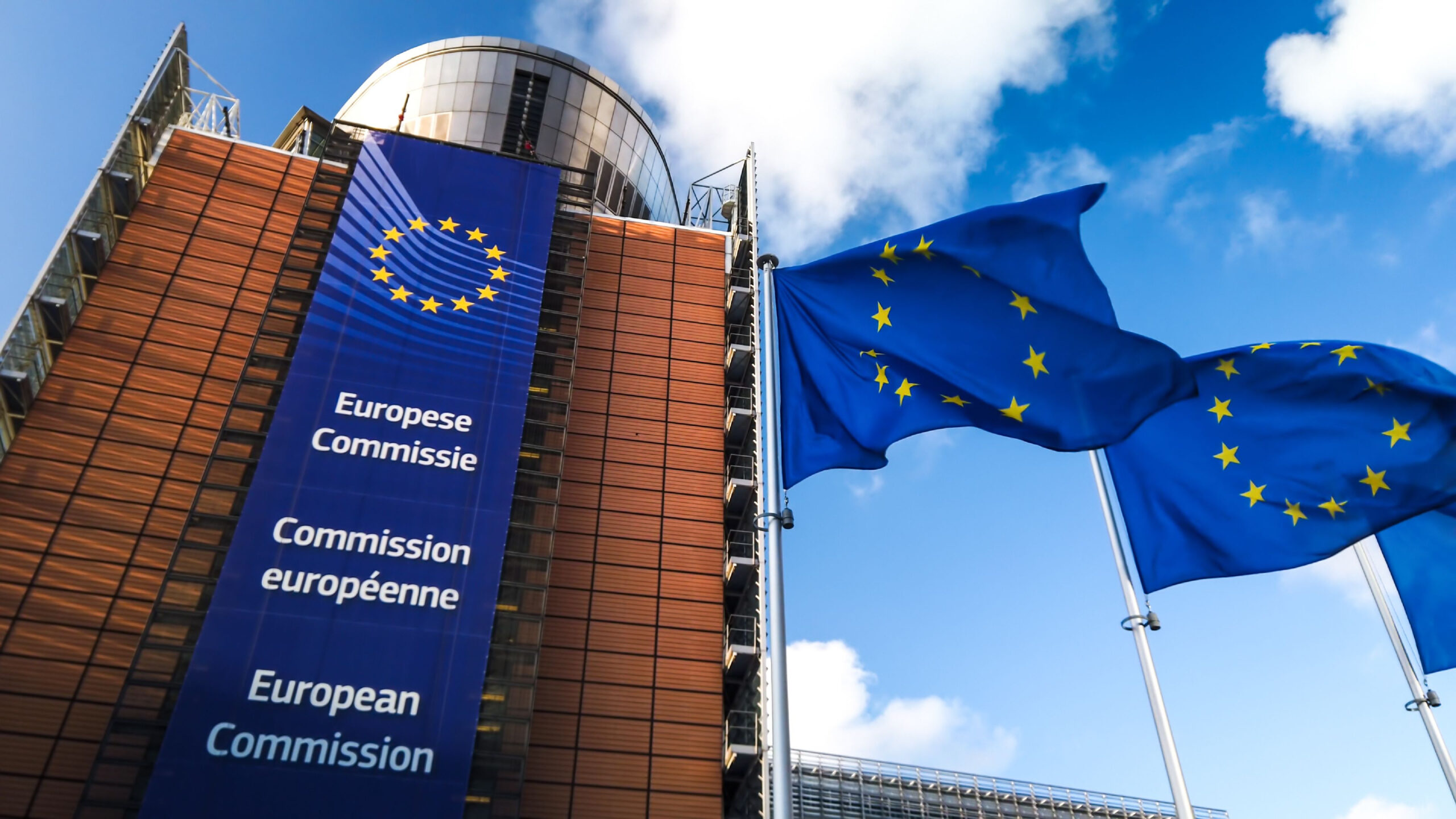DMA: Towards a Permission Based Digital Economy?

As European lawmakers continue to negotiate in trilogue over the Digital Markets Act (DMA), it’s worth reflecting on what the future of Europe’s digital economy will look like under the DMA, whether it will usher in a “digital decade”, or whether its unintended consequences will dominate. At a time when European tech investment is reaching record highs, it’s imperative that lawmakers preserve what has been working well, and avoid imposing new rules and regulations that decay the value that the digital economy generates for consumers and businesses.
One of the most concerning aspects of the DMA as it stands, is the blunt one-size-fits-all approach, that treats common and pro-competitive digital platform conduct as presumptively harmful, and prohibits it without exception. In the absence of robust adjustment mechanisms, this could result in significant unintended consequences for consumers and businesses. Amendments proposed for trilogue negotiations between the European Commission, the Council, and the Parliament, could exacerbate these problems.
More fundamentally, the DMA’s design raises several questions as to the future of open markets in Europe’s digital economy. For one thing, under Article 7(2), platforms will already have to seek permission from the Commission to introduce new services and products, and potentially even new features and functionalities for existing products. This is because the obligations in the DMA are so blunt and broad, and the penalties for infringement so high, that any new innovation could be considered “unfair” or to affect “contestability” for rivals, giving rise to violations.
This kind of “permission based” economy, where market participants must first get authorisation from Governments in order to compete or innovate, will certainly slow the pace of digital growth in Europe. Government bureaucracy would effectively become a “gatekeeper” to future technological innovations. But amendments introduced by the European Parliament could do even worse.
Amendments to Article 30(a) would create new parliamentary supervision over the digital economy. The Commission would be required to produce annually “a social impact assessment, which assesses new digital products and services and their potential impact on mental health, user behaviour, disinformation, polarisation and democracy.” It’s hard to see how, in the current political climate, such a report would offer anything other than condemnation for “big tech”.
Under the Amendment, Parliament will review this annual “social impact assessment”, and make recommendations on new market investigations and new rules, and the Commission will have to meet regularly with the Parliament and justify any “foreseen inaction”. But in practice, mixing politics with law enforcement might not lead to the best outcomes for consumers, entrepreneurs, or the economy more broadly.
Should Europeans endorse this kind of political oversight over broad swathes of the economy? Will it lead to good outcomes, or will it serve as a cautionary tale for other jurisdictions? The amendments themselves certainly serve as a reminder of how legislation and regulation can stray from its original intentions and scope. The DMA once had a laudable aim, “to allow platforms to unlock their full potential by addressing at EU level concerns around unfair practices and weak contestability so as to allow end users and business users alike to reap the full benefits of the platform economy and the the digital economy at large, in a contestable and fair environment.”
Europe needs a DMA that works for regulators and enforcers, for businesses large and small, and for the consumers it is supposed to benefit. As the Trilogue process gets into gear, policymakers must ensure that the final outcome is a DMA that unlocks competition, not one that puts the brakes on innovation and growth. A DMA that works must be balanced, flexible, and as dynamic as the fast paced digital economy it will regulate.








